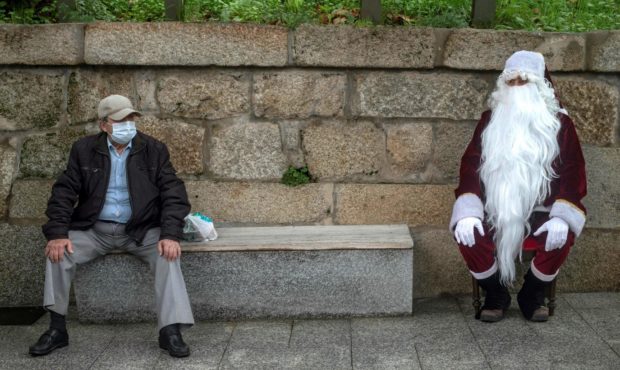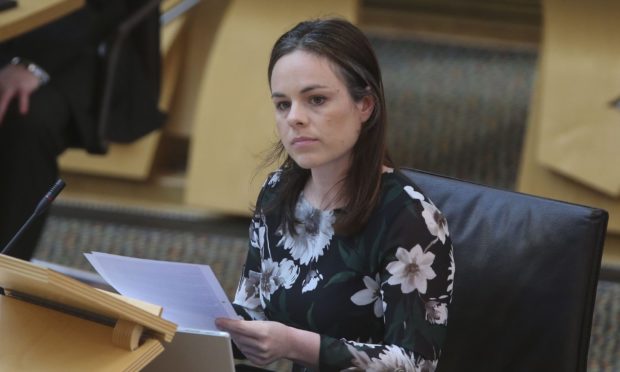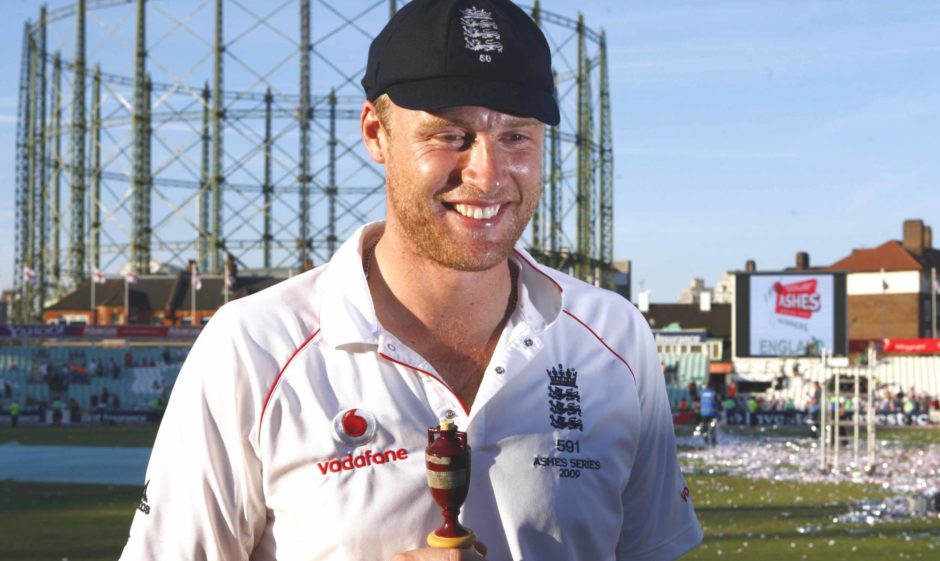The coronavirus restrictions have wrecked traditional Christmas celebrations for everyone across the country and Scotland’s politicians are no exception.
From the scrapping of carol singing to Santa’s strict observance of social distancing, the 2020 festivities will be remembered as the strangest in living memory.
The tight anti-Covid measures, imposed by Nicola Sturgeon, have resulted in plans being changed at the last minute to limit the spread of the virus.
With the formation of festive bubbles of up to three households limited to Christmas Day only, options are limited.
But MSPs said they would try to make the best of a bad lot when asked what their plans were for the season of goodwill.
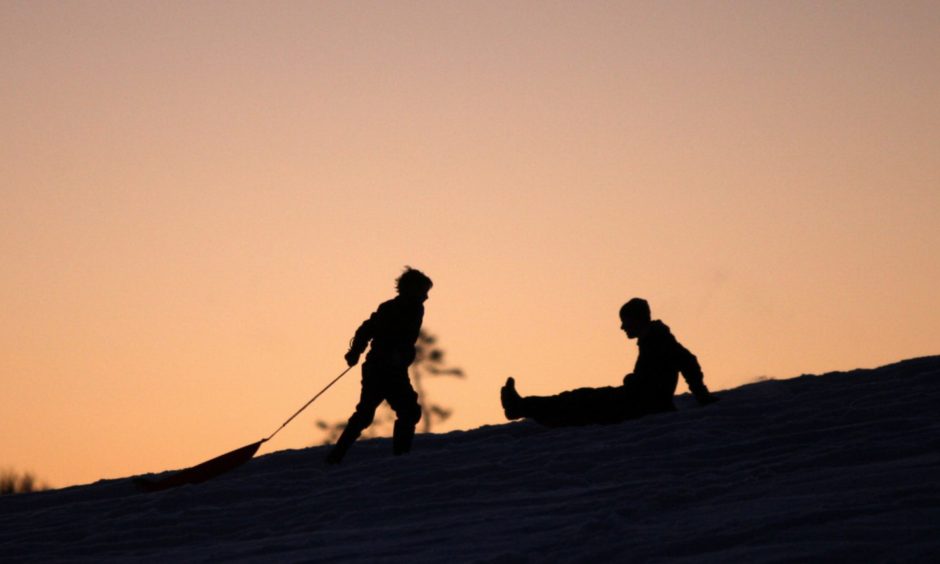
For David Stewart, Labour MSP for the Highlands, the social aspect will be “much more curtailed”, although there will be the comfort of meeting up with his daughter who lives locally.
Christmas stockings will still feature in the Stewart household, as will another favourite ritual – watching classic seasonal movie It’s a Wonderful Life starring James Stewart.
The film’s theme of angelic redemption seems particularly apt for what has been a difficult year – the challenges of which were reflected in Scottish Lib Dem leader Willie Rennie’s plans.
The North East Fife MSP said: “We won’t be making use of the flexibility this year as we want to protect the health of my parents and my wife’s family too. We normally have them round for Christmas Day but will be holding a special Zoom quiz on Christmas Day.”
Finance Secretary Kate Forbes said was looking forward to Christmas dinner, albeit on a smaller scale.
Ms Forbes, SNP MSP for Skye, Lochaber and Badenoch, said: “Christmas will be very different this year. In normal times, it’s a big family affair but this year sadly that won’t be the case. Instead, I’ll be at home for Christmas and hope to go on a lot of walks in the bracing Highland weather with socially distanced friends or family.
“I still intend on enjoying Christmas dinner, just with fewer people round the table.”
Liz Smith, Tory MSP for Mid Scotland and Fife, had already cancelled a trip to Scandinavia before the most recent restrictions were announced.
But the quieter Christmas will allow the former Scottish ladies cricket internationalist to catch up on great some of the epic test matches played between England and Australia on the TV.
“I have chosen not to meet up with relatives and friends in the usual manner this year – disappointing but probably the best thing,” Ms Smith said.
“I was invited to Sweden but that was obviously cancelled a couple of months ago. I will be happy walking the hills, reading some good books and watching a box set of the best Ashes cricket given to me for my birthday this year.”
In the Western Isles, Alastair Allan of the SNP had hopes of a white Christmas so that he could go sledging with younger members of his family as part of an outdoor gathering.
Labour’s Rhoda Grant, MSP for the Highlands, was disappointed not to be meeting up with her usual group of family and friends but added: “While we cannot see all those we would normally see, we can phone and Zoom loved ones and that is what is important.”
Green MSP for the Highlands John Finnie simply said he was “at home with Ms F”. While Gillian Martin, MSP for Aberdeenshire East, said she would also be at home with her two children and two dogs.
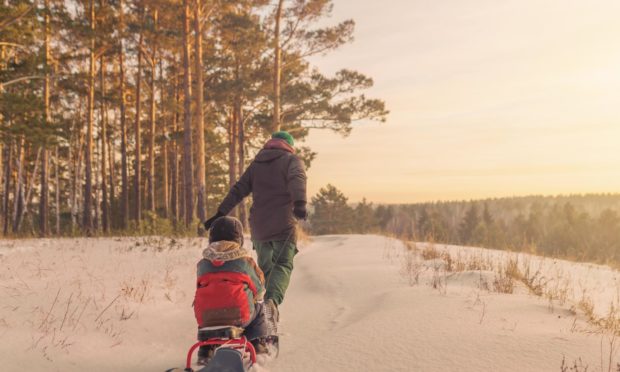
Labour’s Alex Rowley will stay at home in Kelty, Fife, where he hopes to go to Mass, walk in the countryside and catch up with his grandchildren.
“Otherwise I have no plans to meet up with anyone. It is tough but the alternative is not attractive,” the MSP for Mid Scotland and Fife said.
SNP MSP for Banffshire and Buchan Coast Stewart Stevenson and his wife will not be meeting up with other family members. The upside, however, is that methods of online communication, which have become more common during the pandemic, mean the Stevensons will catch up with extended family in a way they would not have previously.
“I should say that our close family is substantially dispersed – Sweden, Denmark, Australia, central Scotland and England – and the lack of contact is not unusual,” Mr Stevenson said.
“But the use of online video has become the norm this year and we expect to ‘meet’ by virtual means. That is a significant step up from previous years.”
